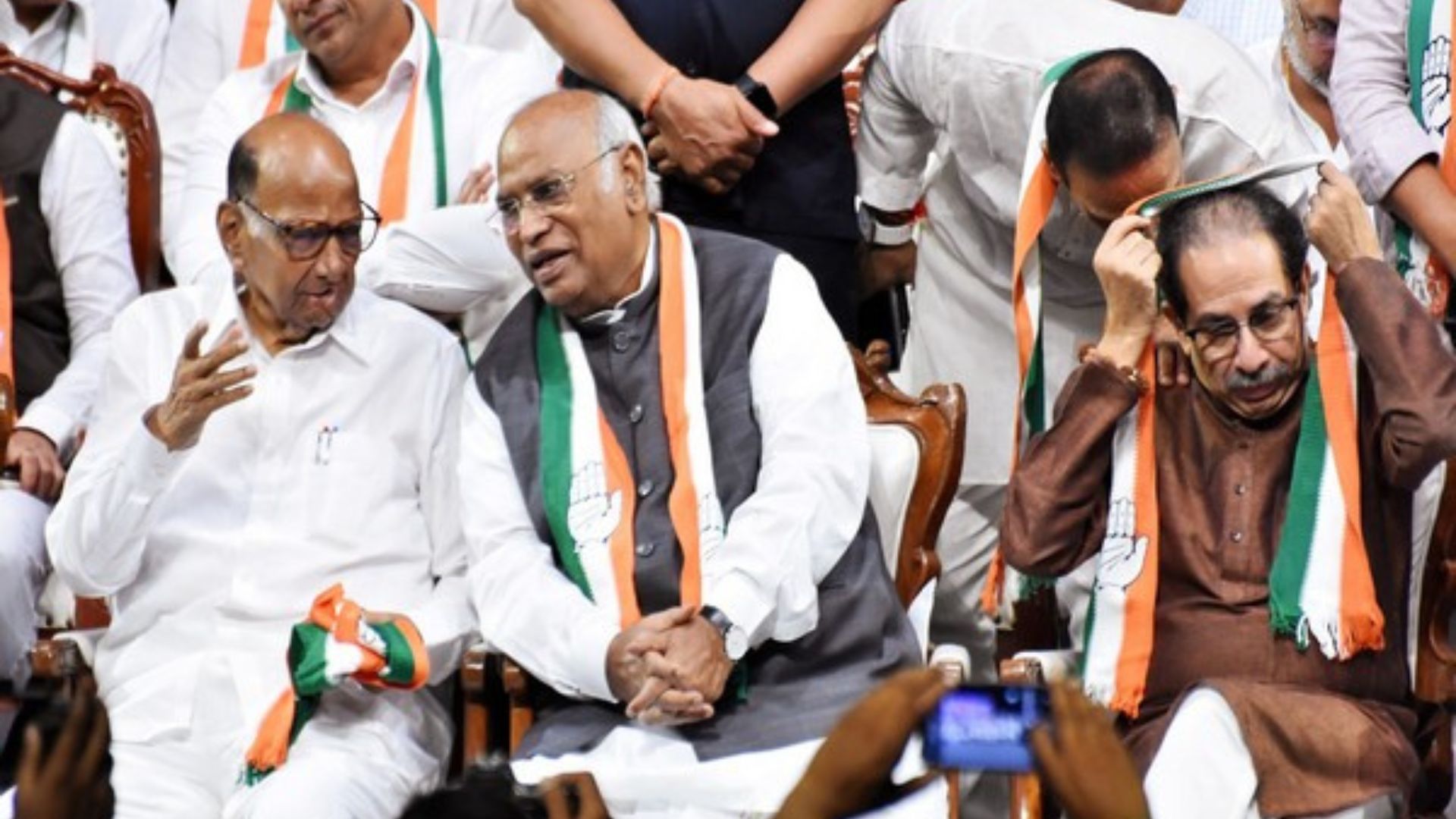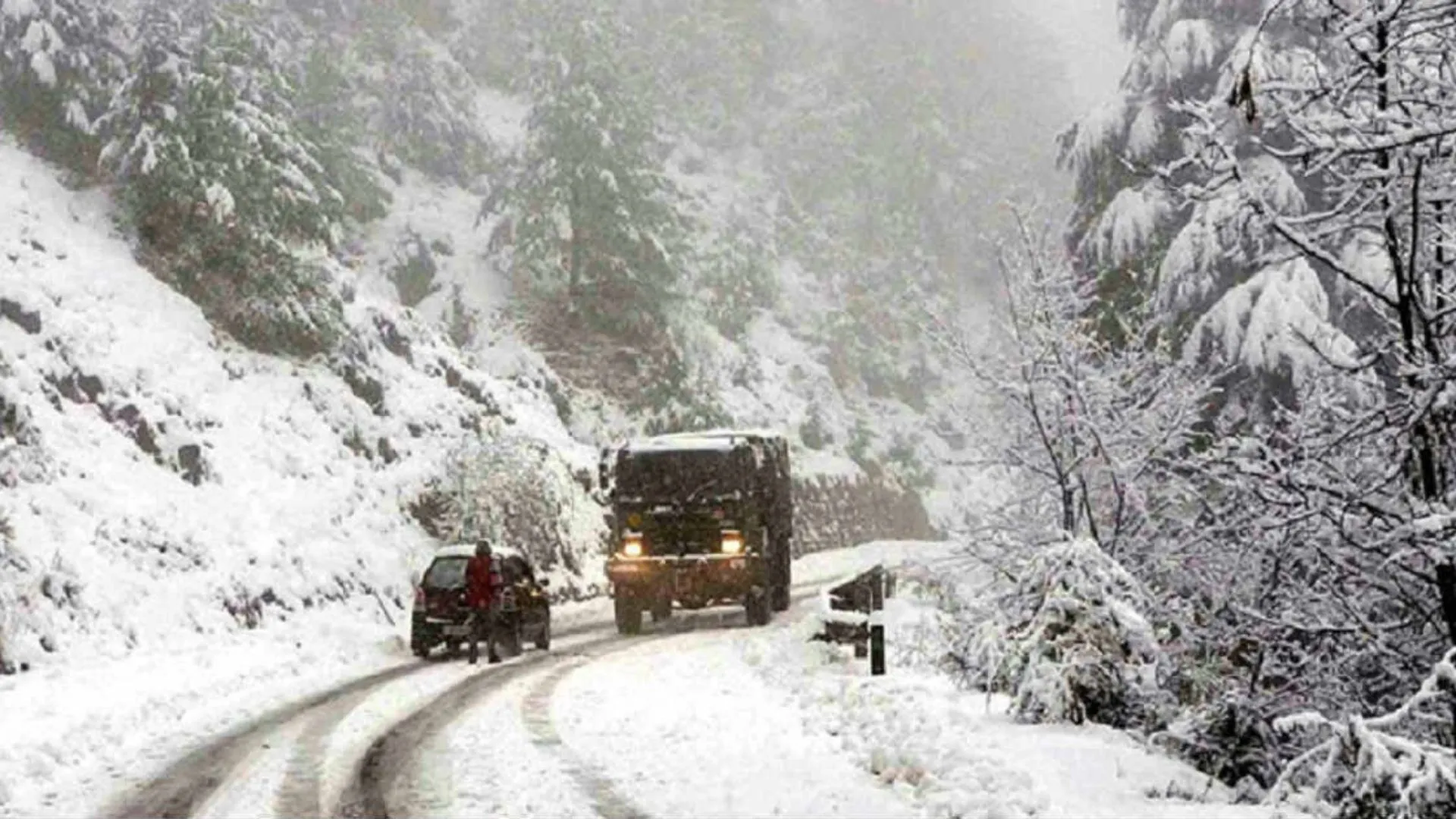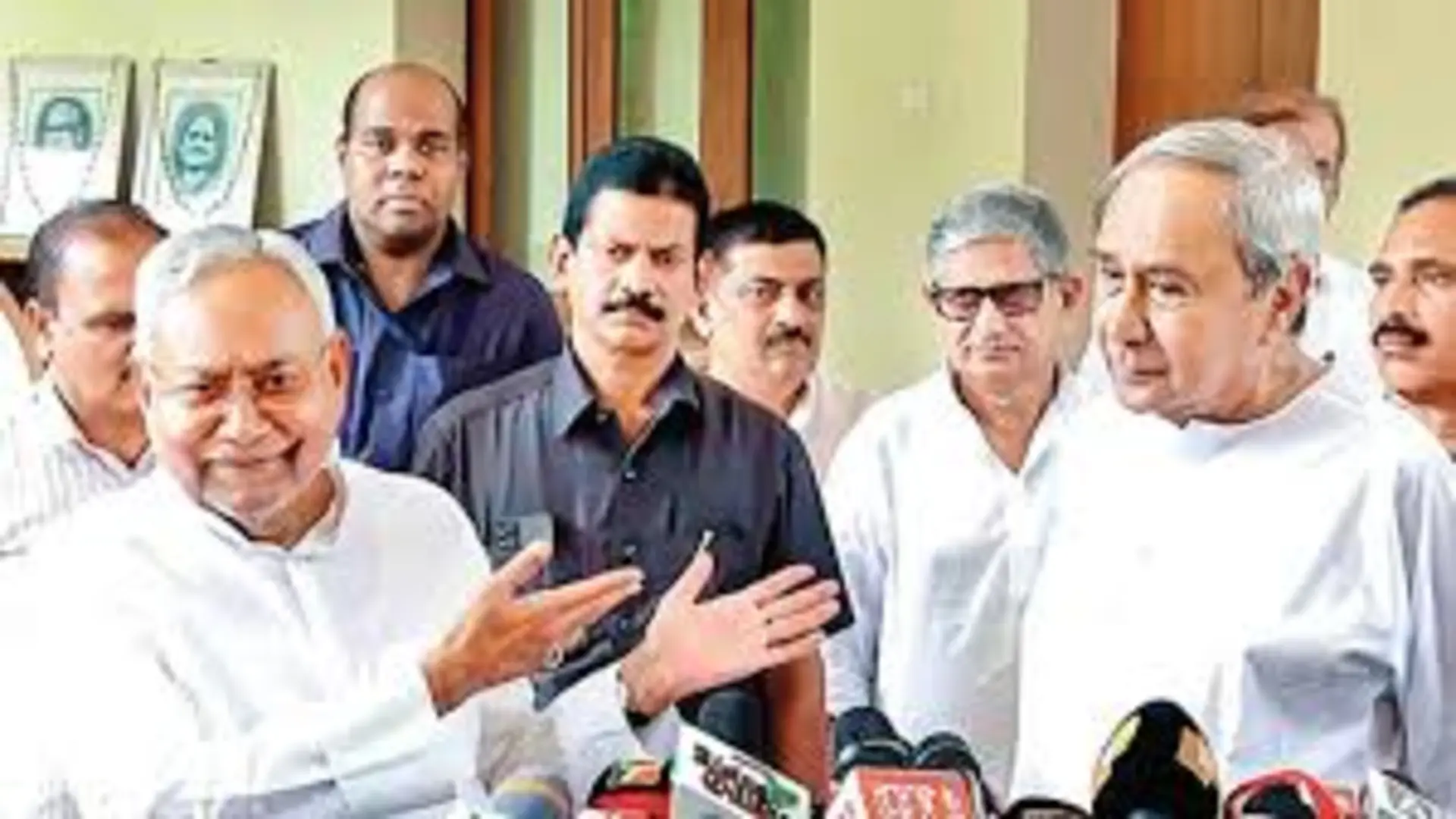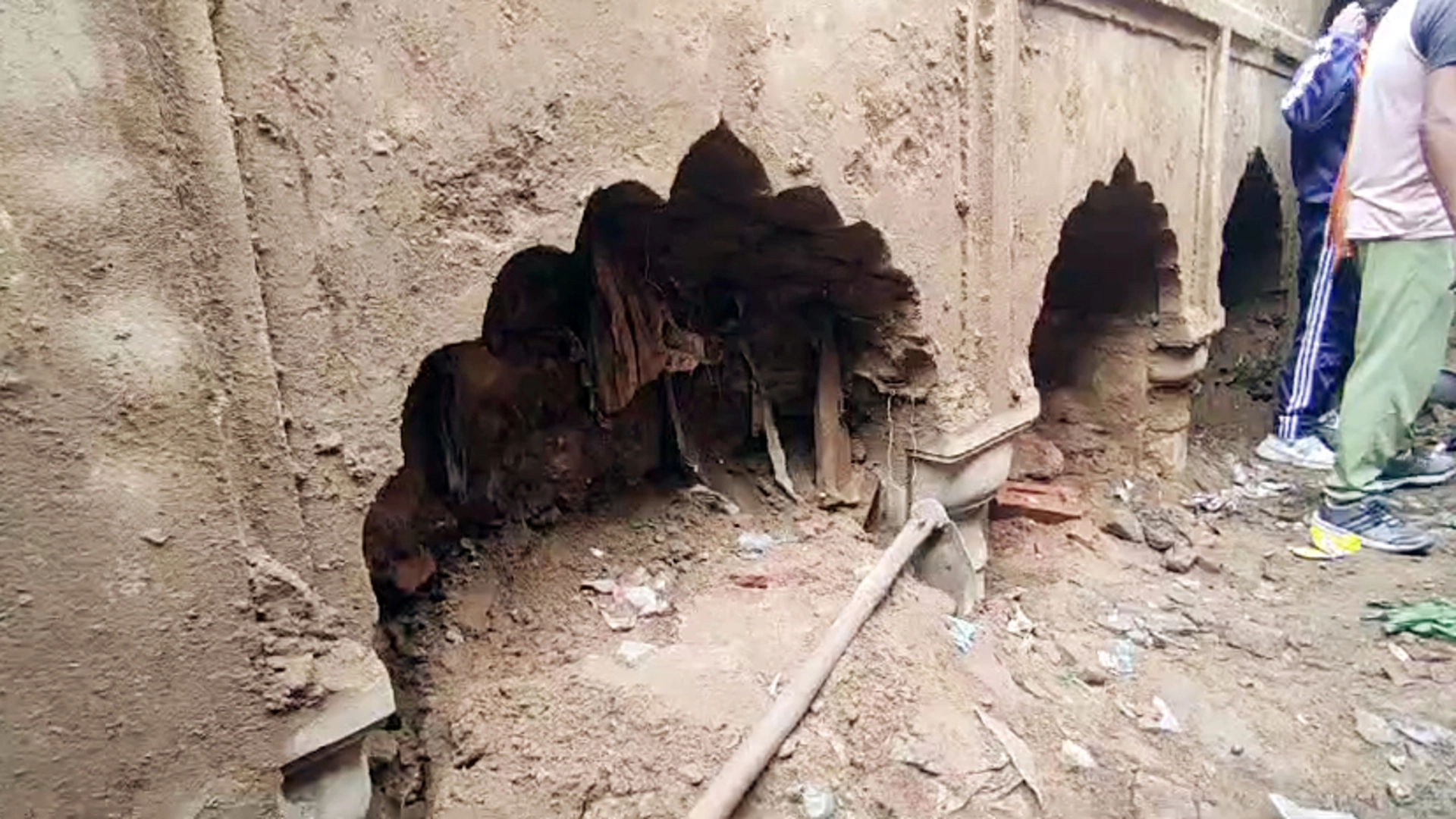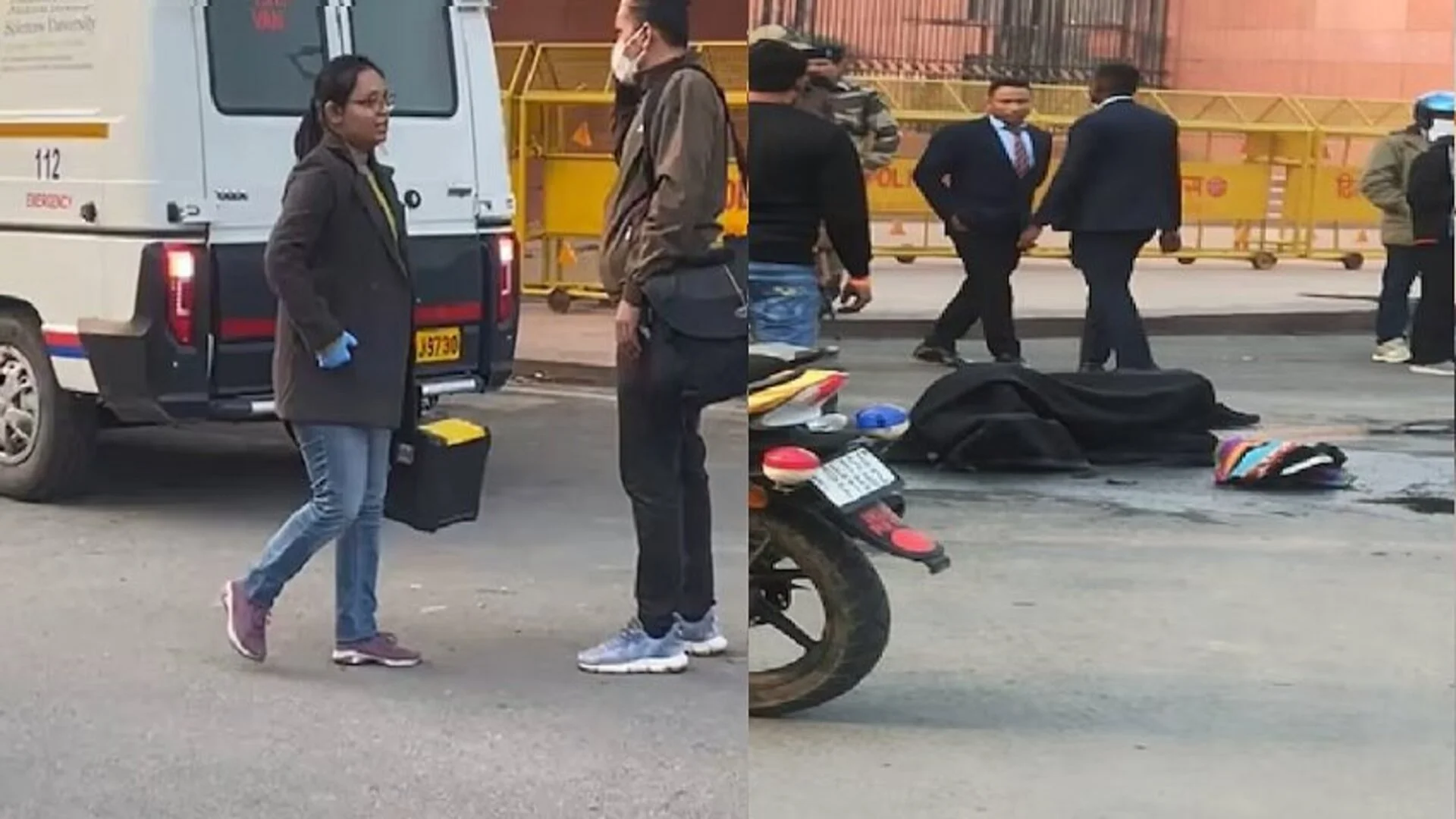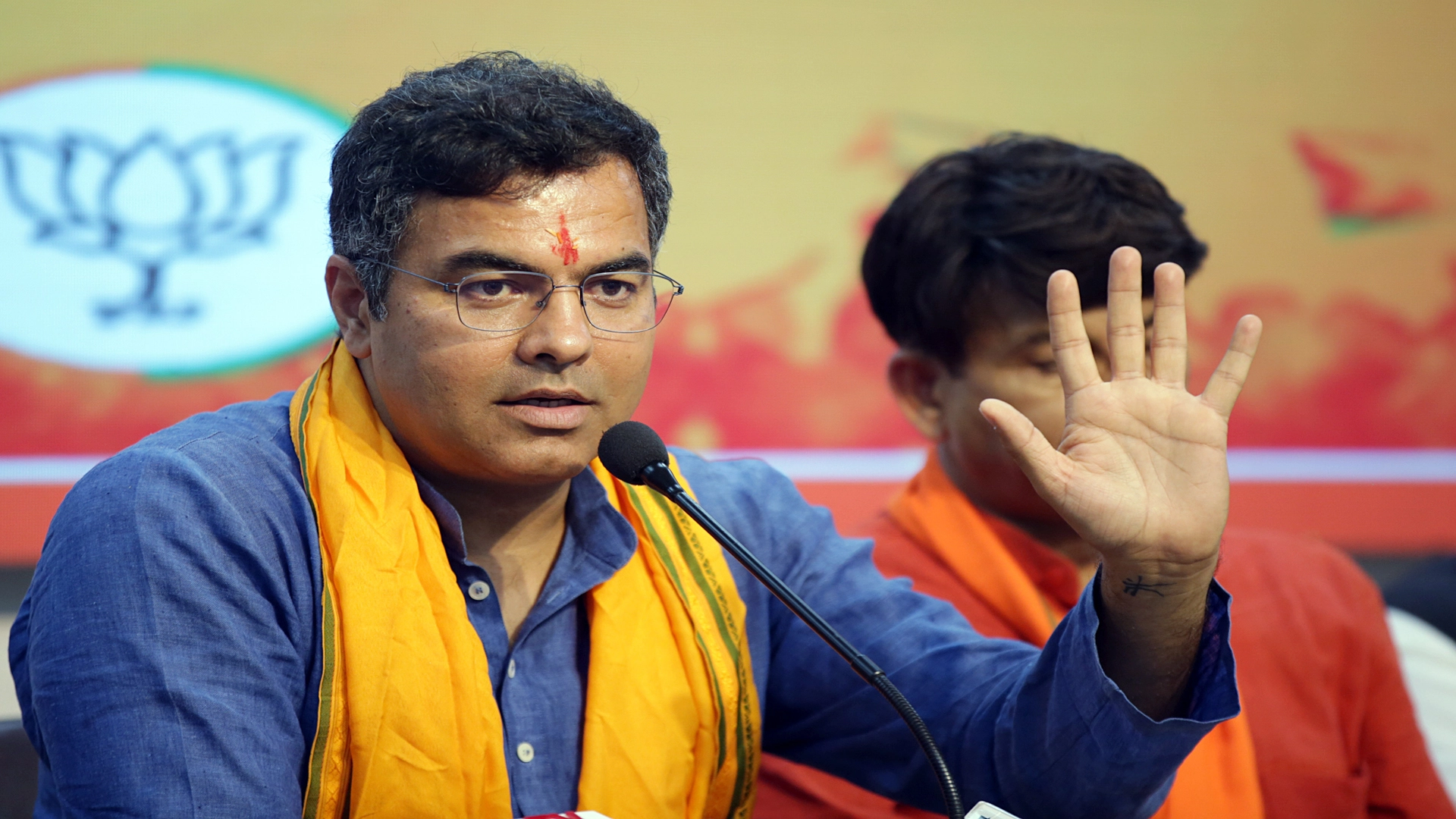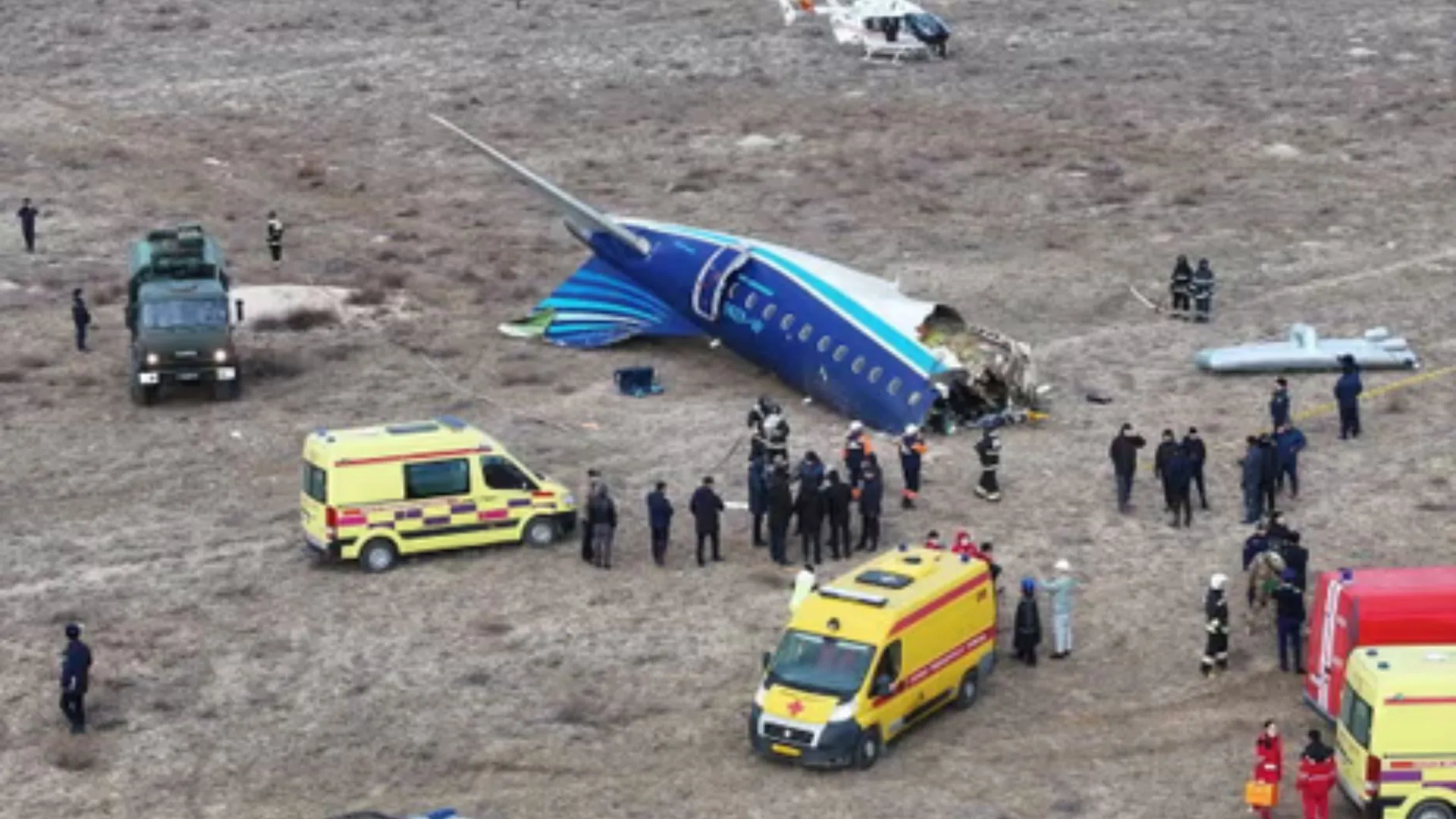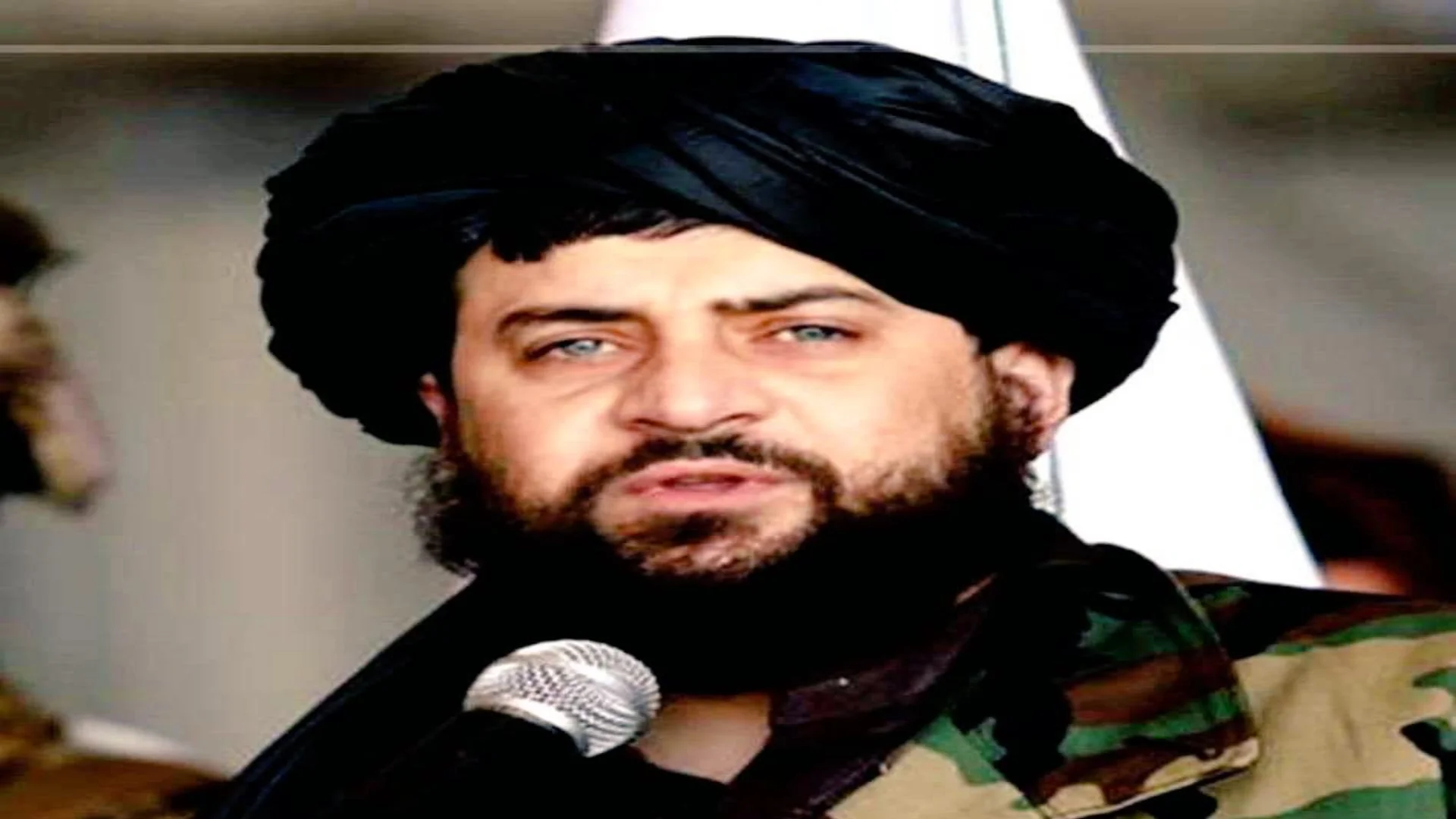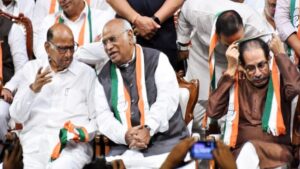The Maha Vikas Aghadi (MVA) coalition in Maharashtra is facing difficulties in finalizing seat-sharing agreements as negotiations between Congress, Shiv Sena (UBT), and NCP (Sharad Pawar) remain unresolved ahead of the nomination deadline for the upcoming assembly elections. Overlapping claims on key seats have caused contention, particularly between Congress and Shiv Sena (UBT), with only a few seats yet to be settled before the October 29 deadline.
Disagreements on Seat Allocations and Strategy
MVA initially agreed to contest 85 seats per party across the state’s 288 assembly seats. However, Congress later pushed for 90 seats, sparking internal disagreement. Congress has already announced candidates for 99 seats, while Shiv Sena (UBT) and NCP (SP) have announced candidates for 85 and 82 seats, respectively. The lack of consensus has also spilled over into other India bloc parties like the Samajwadi Party (SP), which is still waiting for a response from MVA on its request for fair seat distribution to avoid splitting the secular vote.
Tensions Over Chief Ministerial Face and Key Constituencies
Further complicating negotiations are disagreements over projecting a chief ministerial candidate, a move supported by Shiv Sena (UBT) but opposed by Congress and NCP. Tensions are especially pronounced over constituencies in Mumbai, Vidarbha, and other high-stakes regions, such as Solapur (South), Colaba, Malabar Hill, Versova, and Byculla. Shiv Sena (UBT) leader Sanjay Raut recently cautioned Congress against fielding a candidate in Solapur (South), warning that it could lead to internal rivalries and create fissures within the alliance.
Internal Pressures and Repercussions
Amid the discord, Congress has also faced internal challenges, with candidate changes in Andheri (West) and Aurangabad East. Sources within MVA indicate that unresolved differences may lead to rebel candidates contesting against official MVA nominees.
Meanwhile, the ruling Mahayuti alliance, comprising BJP, Shiv Sena (Eknath Shinde faction), and NCP (Ajit Pawar faction), appears to be managing internal pressures more effectively. The BJP has reportedly allocated seats to coalition partners to contest under their own symbols, reinforcing a united front for the November 20 polls.
The outcome of these elections is crucial for both Mahayuti and MVA, as Shiv Sena and NCP factions contend with recent splits, testing each coalition’s resilience in a polarized political landscape.

